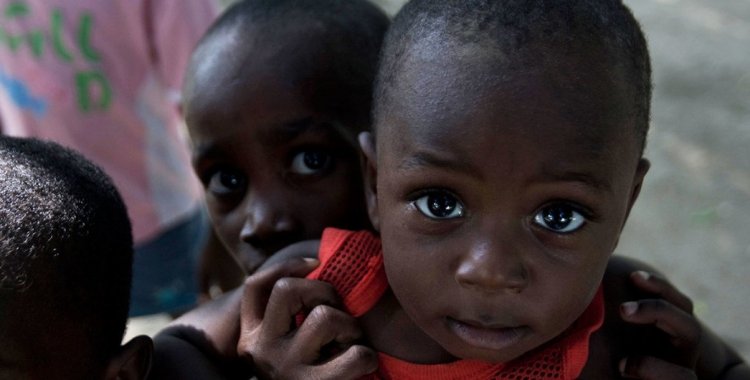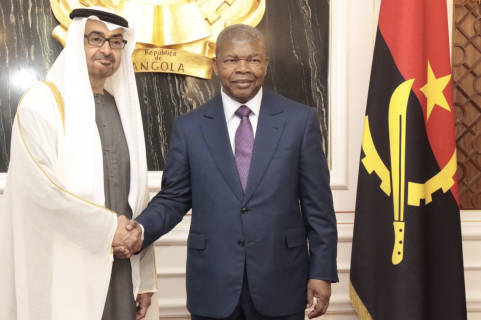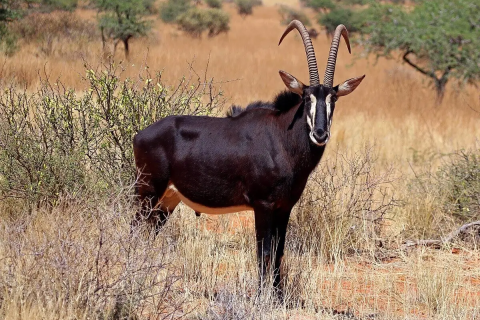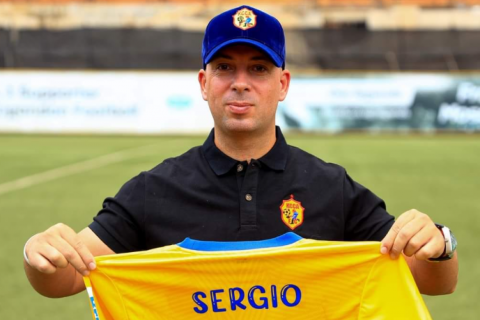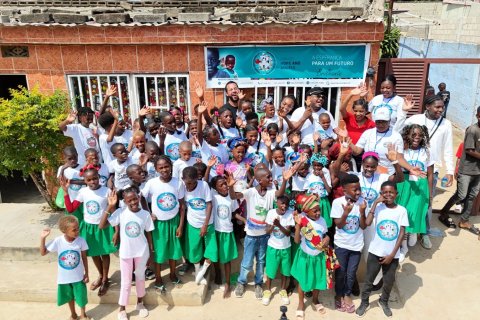"Olhares" is the name of the documentary series produced by Livremeio Produções for RTP2, under the direction of Carlos Fraga, and which is made up of six episodes of 30 minutes each. On Saturday, a summary of the series was presented at the Cabo Verde Cultural Center, in Lisbon, in the presence of those involved.
The musician Dino d´Santiago, the painter Francisco Vidal, the journalist José Mussuaili, the businessman Marco Santos, the real estate agent Dulcineia Sousa, the pharmacist Joseph Ngongo, the security guard and cultural agent José Baessa de Pina-Sinho (Sinho), the communication manager and singer Vanessa Vieira, financial project manager and singer Juliana Alves and cultural manager Ana Tica contributed to the documentary, sharing their trajectories.
They were all born in Portugal and their parents were in Africa and this connection with the African continent was transmitted to them in everyday family gestures.
"In my house I eat a lot of African food. On Sundays the food is solid African. It's always cachupa, muamba, always typical dishes. Throughout the week too, but especially on Sunday it's almost offensive not to make a good funge with a different sauce, kalulu, dried fish, chicken muamba, palm oil. It's truly lived seriously", says Vanessa Vieira.
Sinho is a Portuguese man who feels African and in his statement he does not fail to point the finger: "We are ending the decade dedicated to Afro-descendants. In the last nine years I have not heard in Portugal talk about the decade dedicated to Afro-descendants, when the UN indicated measures in several areas, such as justice, education, health, housing".
"I didn't see initiatives in our communities, they didn't come to listen to us, find out what we want, what we're missing. They didn't talk to young people. There were activities in the city center, conferences, cupcakes, champagne, for the crowd (...), but they didn't come to the communities to listen to us", he said.
Singer Dino d´Santiago claims to be "100 percent Portuguese and 100 percent Cape Verdean", saying that he assumed his Africanity over the years, as he was unable to even draw black faces, so formatted that it was like European teaching. And he said he owes this discovery to music.
Angolan Marco Santos feels Portuguese, but recognizes that when he visited Angola for the first time he felt like he was part of that country.
"I'm Angolan because, despite having grown up in Portugal, I grew up eating Matabicho and not breakfast, eating all Angolan food, listening to all Angolan music," he said.
Francisco Vidal goes to Africa whenever he can and they call him a European there. "I like it too, because I feel good as a European, of African descent and as an African."
For Juliana Alves, being of African descent is "neither meat nor fish", but what she regrets most are racist attitudes.
"I ended up walking around with my son and thinking I was the maid," he said.
Racism is identified by all participants in this documentary as omnipresent in Portuguese society, experienced differently by each one.
For Dino d'Santiago, the "Portuguese brand" that, if he could, he would erase was the phrase "black shit, go to your land".
"I heard that when I was a kid playing football and I heard it again as an adult", he lamented.
"There is racism, period", concludes Ana Tica.

